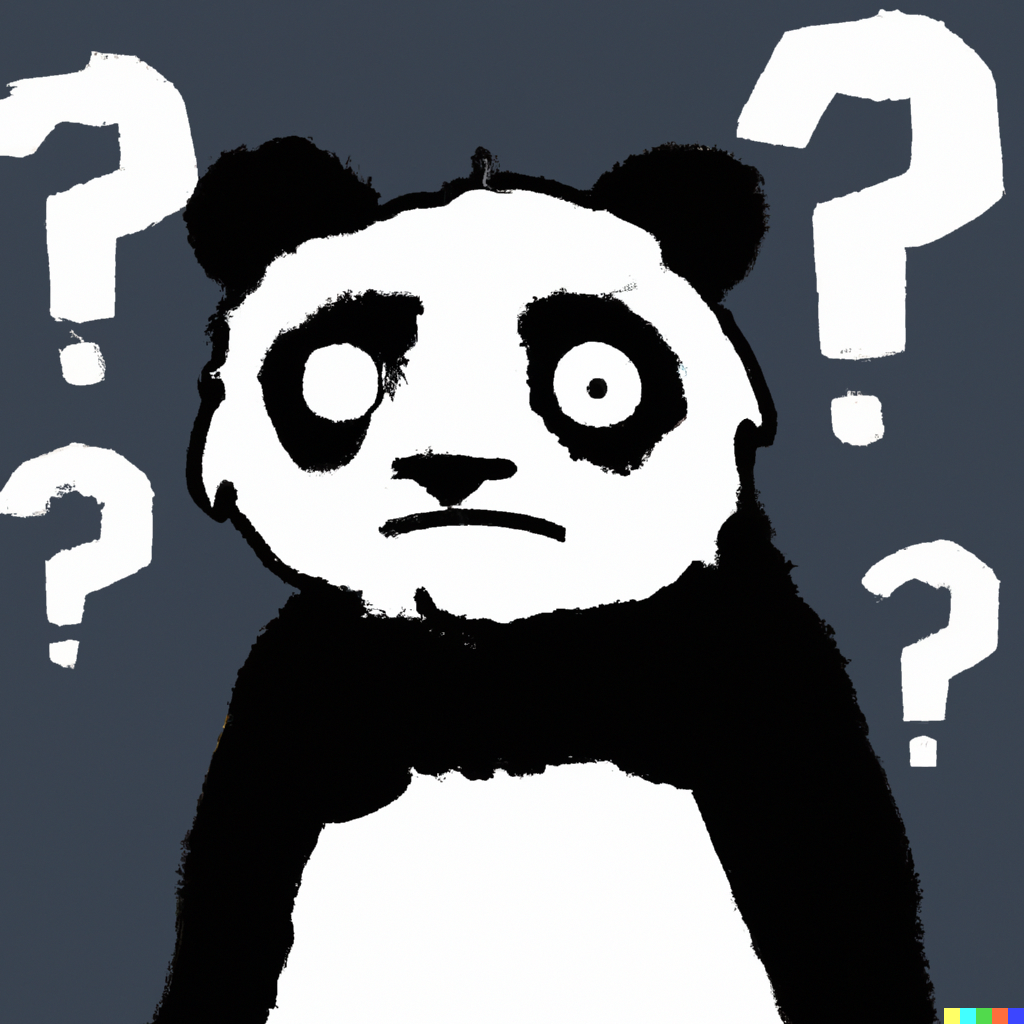Essential Questions in the study of meaning
Enrolment options

In this course, we will critically explore some of the most foundational questions in the study of meaning, from classical dilemmas (e.g. Does the language you speak influence the way you see the world?) to exciting new developments (e.g. What does ChatGPT know, if anything, about meaning and understanding?), stretching the boundaries of the field (e.g, is linguistic information different from other types of information and how?). The set of papers we will explore covers a variety of interconnected topics, and includes both theoretical and experimental work. In particular we will explore three main foundational questions:
- Language, thought, and reality: what is the relationship between language, thought, and reality? Does speaking a language influence the way you see the world? Is language a reflection of the world? Is language a cultural artifact?
- Meaning and machines: what do large language models (e.g. BERT, GPT3, …) now popularized by ChatGPT and others know, if anything, about meaning and understanding? and how does it relate to what humans know? What are the implications of this?
- Language and cognition: how much of our knowledge of meaning is specific to language and how much is rather more general cognition? Relatedly, can we apply the precise and effective methods we use to study linguistic meanings to information conveyed non-linguistically (e.g. gestures, visual animations …) and what does this tell us about our knowledge of meaning?
- Teacher: Jacopo Romoli
Guests cannot access this course. Please log in.